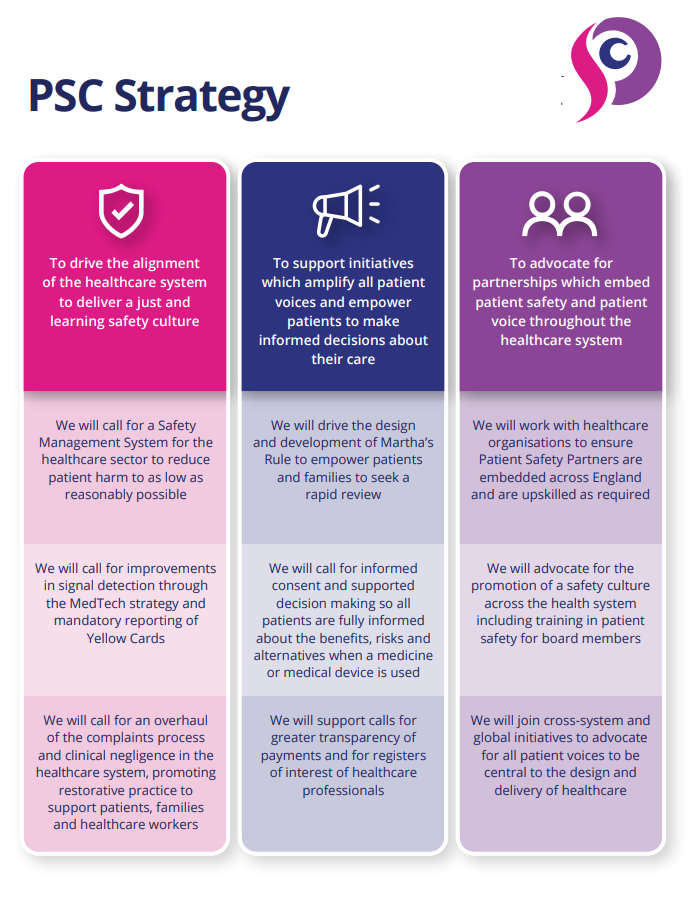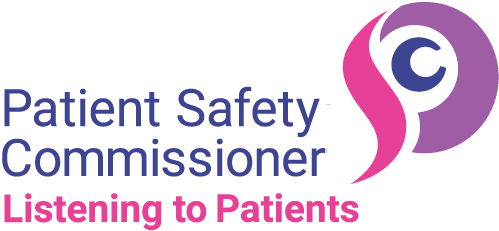Putting patients first
The Patient Safety Commissioner is a champion for patients and leads the drive to improve the safety of medicines and medical devices. Her aim is to improve how patients are listened to by the healthcare system, the government, and the NHS to place them at the heart of decision making.
She supports the NHS and government to better understand how to promote patient safety by putting patients first, as well as the importance of listening to patients’ views.




